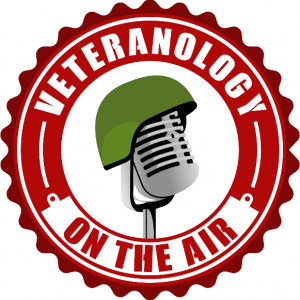Veteranology #7: Dr. Craig Bryan
Dr. Craig J. Bryan, PsyD, ABPP, is a board-certified clinical psychologist and is an Assistant Professor in the Department of Psychology at the University of Utah. Dr. Bryan received his PsyD in clinical psychology Baylor University, and completed his clinical psychology residency at the Wilford Hall Medical Center, Lackland Air Force Base, Texas.
He served four years in the Air Force on active duty as the Chief of Primary Care Psychology Services and Suicide Prevention Program Manager at Lackland AFB, and deployed to Iraq in 2009 as the Clinical Director of the Traumatic Brain Injury Clinic located at Joint Base Balad (LSA Anaconda), Iraq. Dr. Bryan currently researchers suicide, psychological health, and resiliency among military personnel and veterans, and oversees two randomized controlled trials totaling approximately $3M testing interventions for suicidal military personnel at Fort Carson, Colorado. He also serves as the lead risk management consultant for the $25 million STRONG STAR Research Consortium investigating treatments for combat-related PTSD among military personnel.
Dr. Bryan is a nationally-recognized expert on military suicide, and serves as a consultant to the Department of Defense for psychological health promotion initiatives and suicide prevention. He regularly provides training to clinicians and medical professionals about managing suicidal patients, and has over 120 publications and scientific presentations in the areas of suicide and military mental health, including the book Managing Suicide Risk in Primary Care.
In this episode Dr. Bryan and I discuss the issue of veteran suicides. Dr. Bryan helps answer the following questions asked by my fellow veterans:
- How accurate is the statistic that 22 veterans commit suicide everyday?
- What are the commonalities of veteran suicides?
- How should we, as survivors, react to suicide?
- What solutions are proving the most effective at combating the veteran suicide rate?
- Do mental health first aid techniques work?
- Has there been a change in the veteran suicide rate related to the publicity of this issue?
- Are suicides more related to transitioning out of the military and finding purpose than PTSD and bad memories/dreams?
- Are there direct or indirect connections between medications prescribed to veterans and suicide risk?

